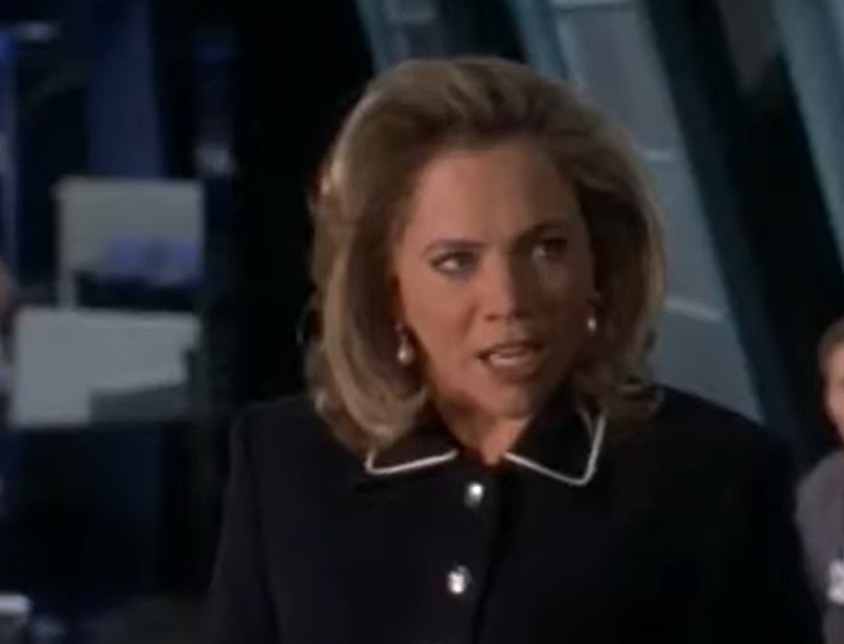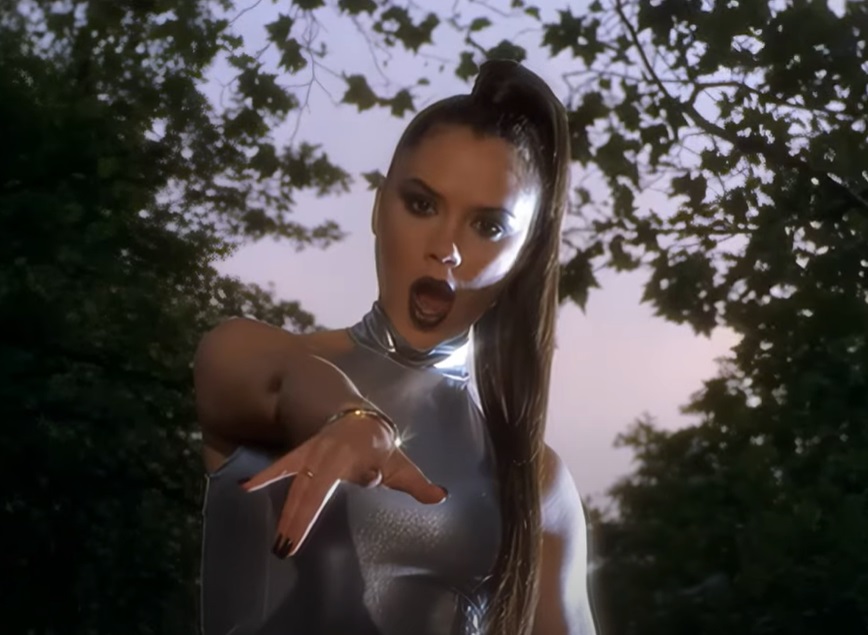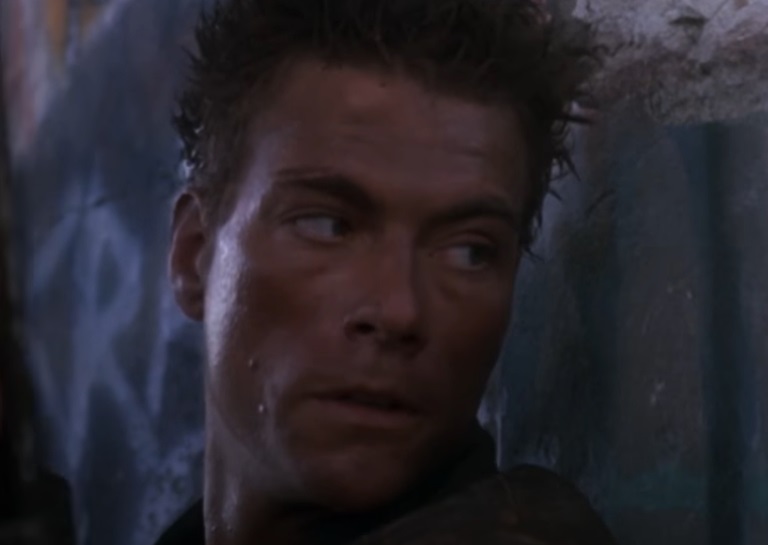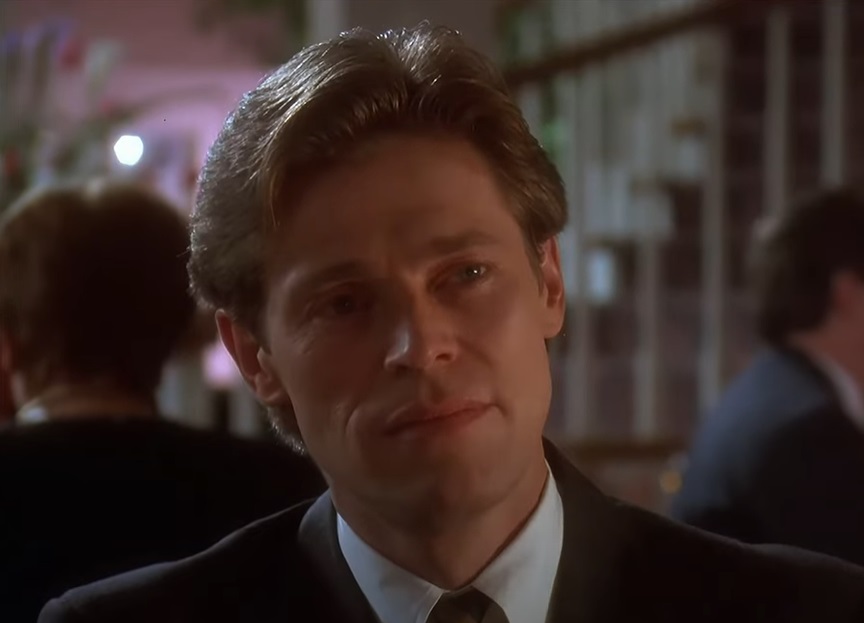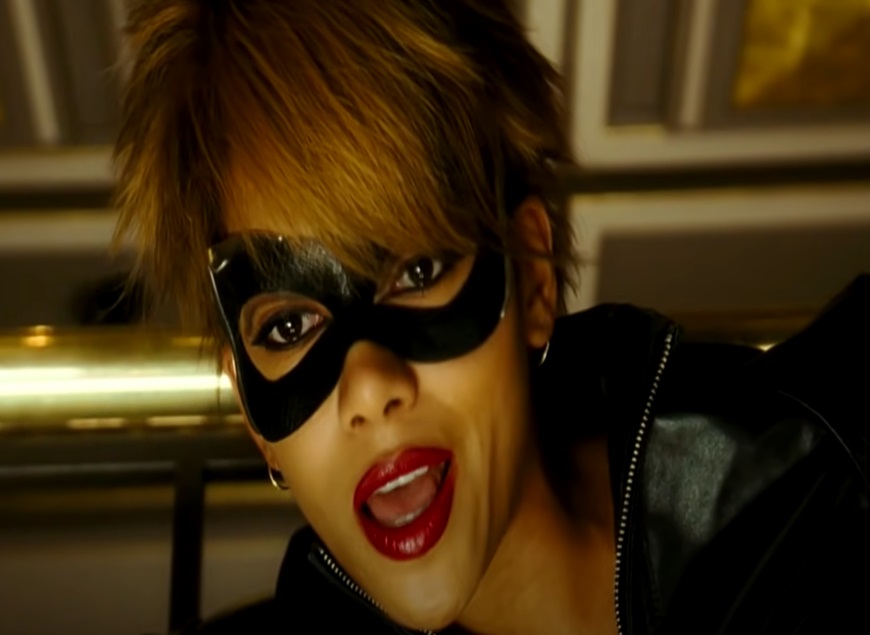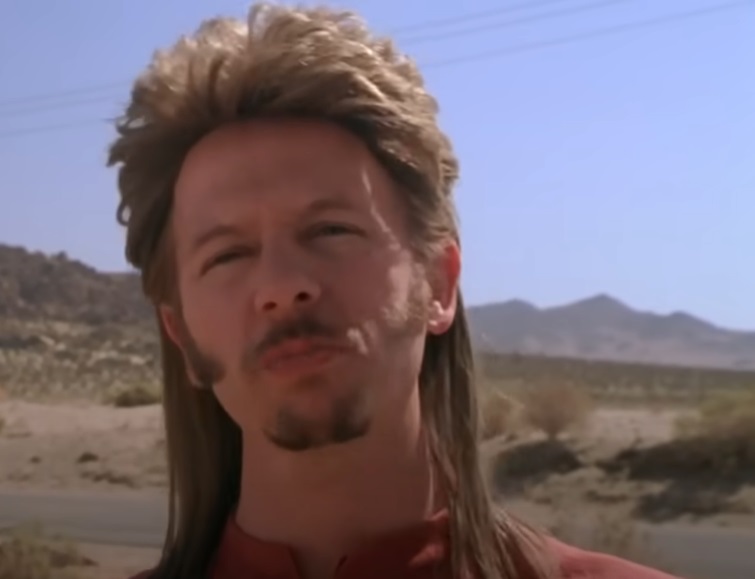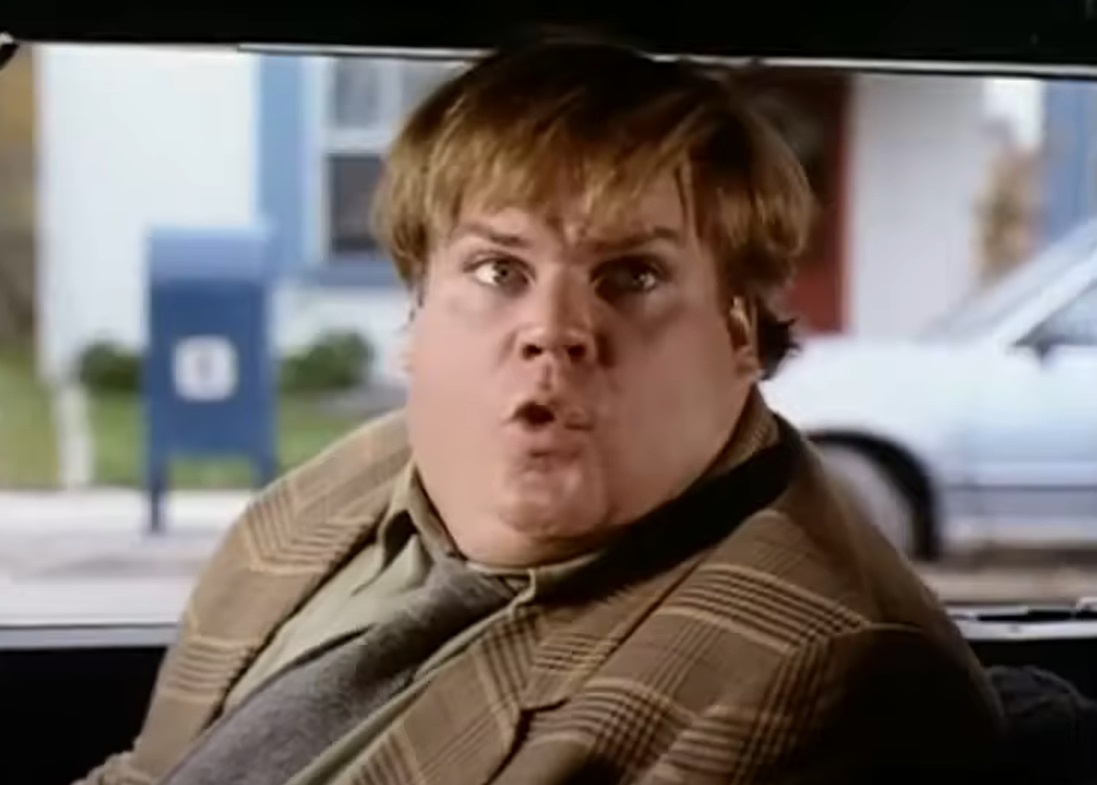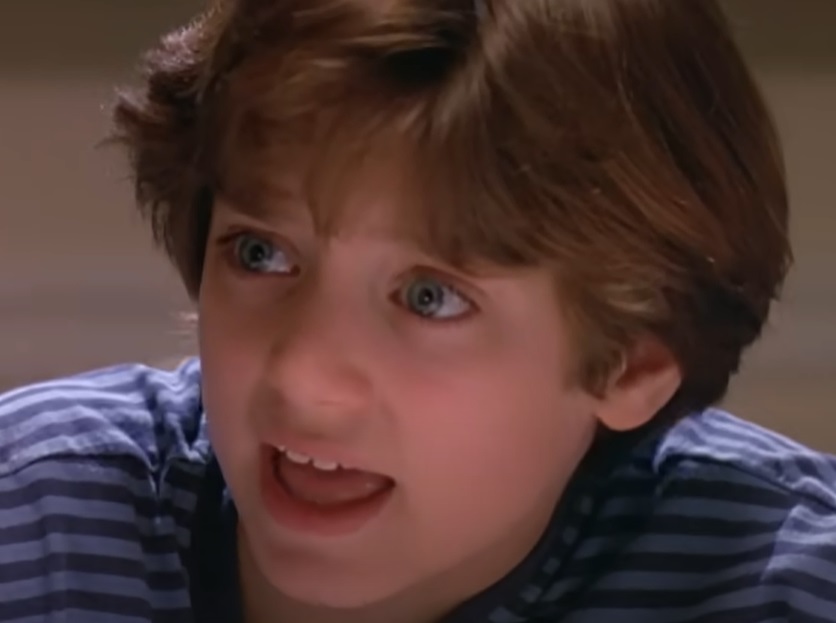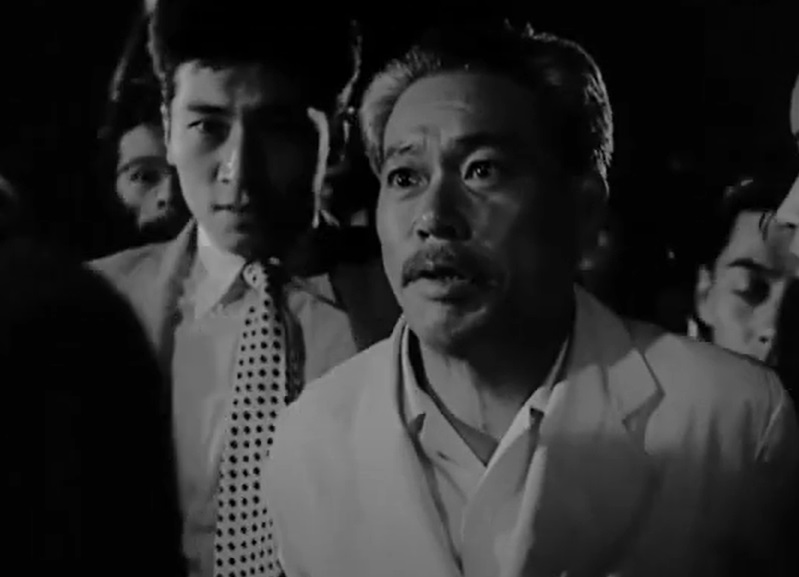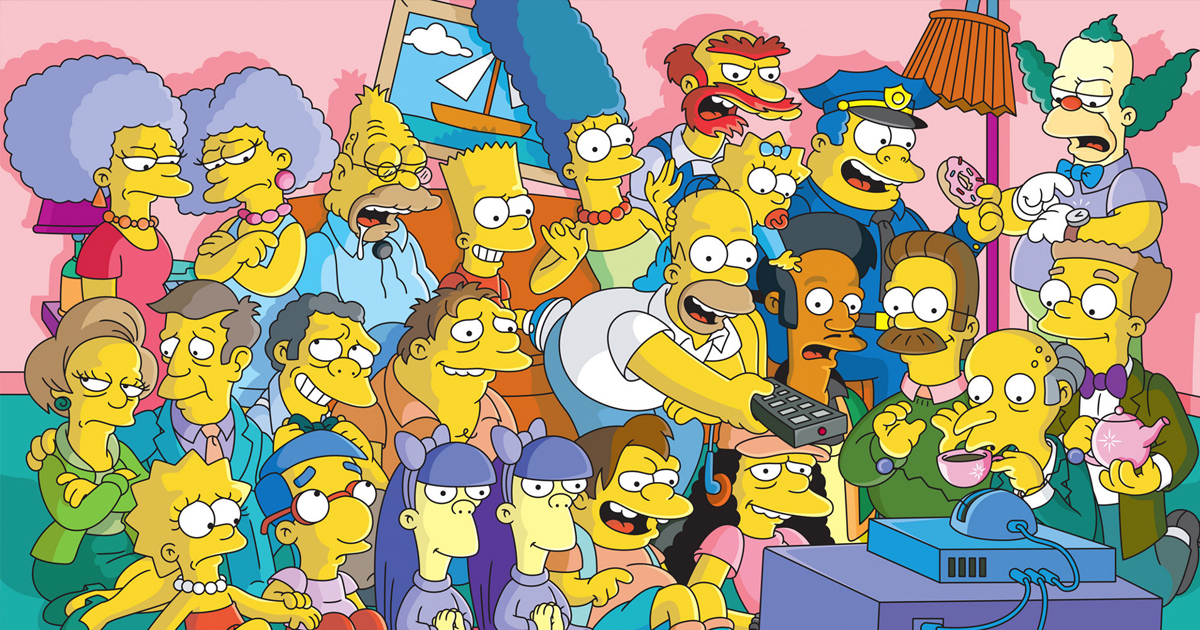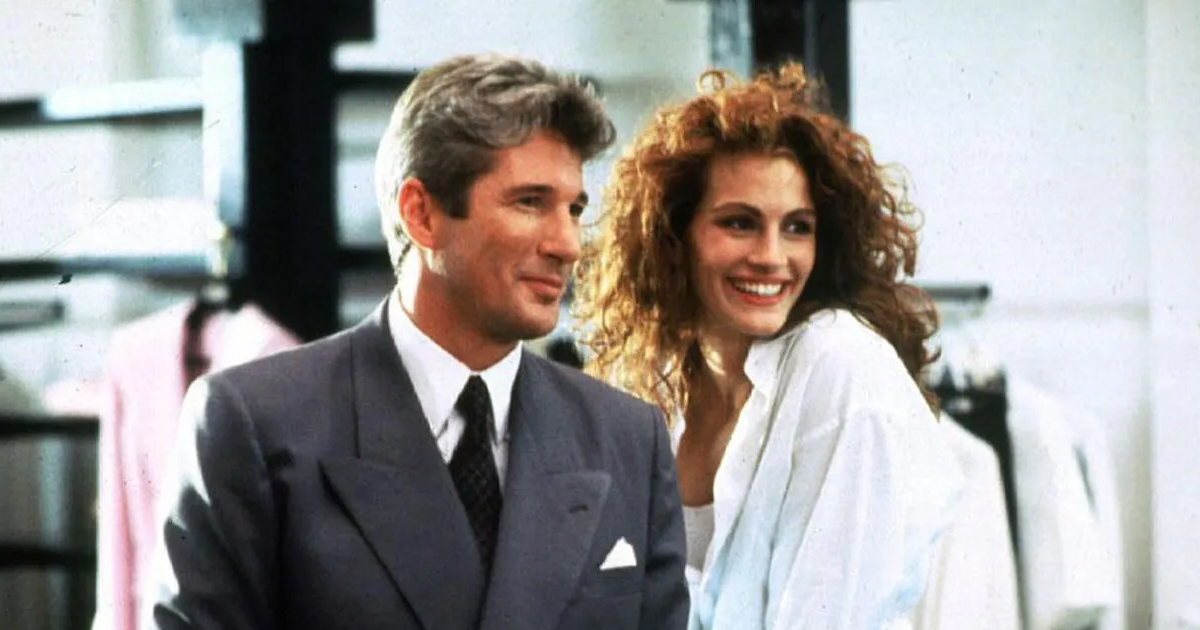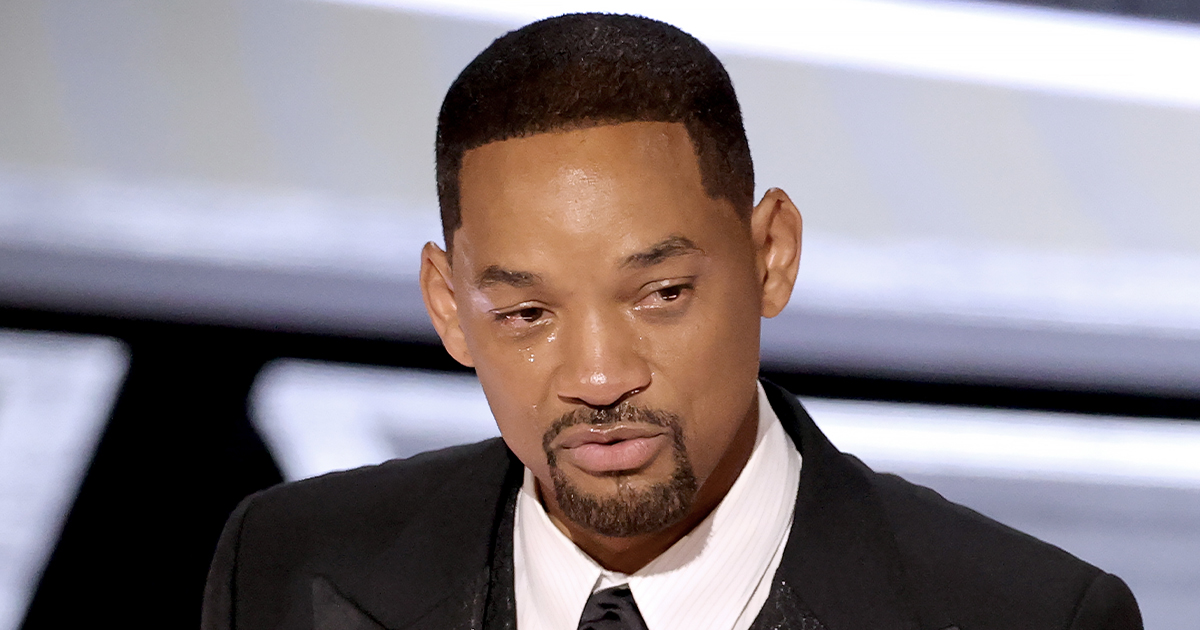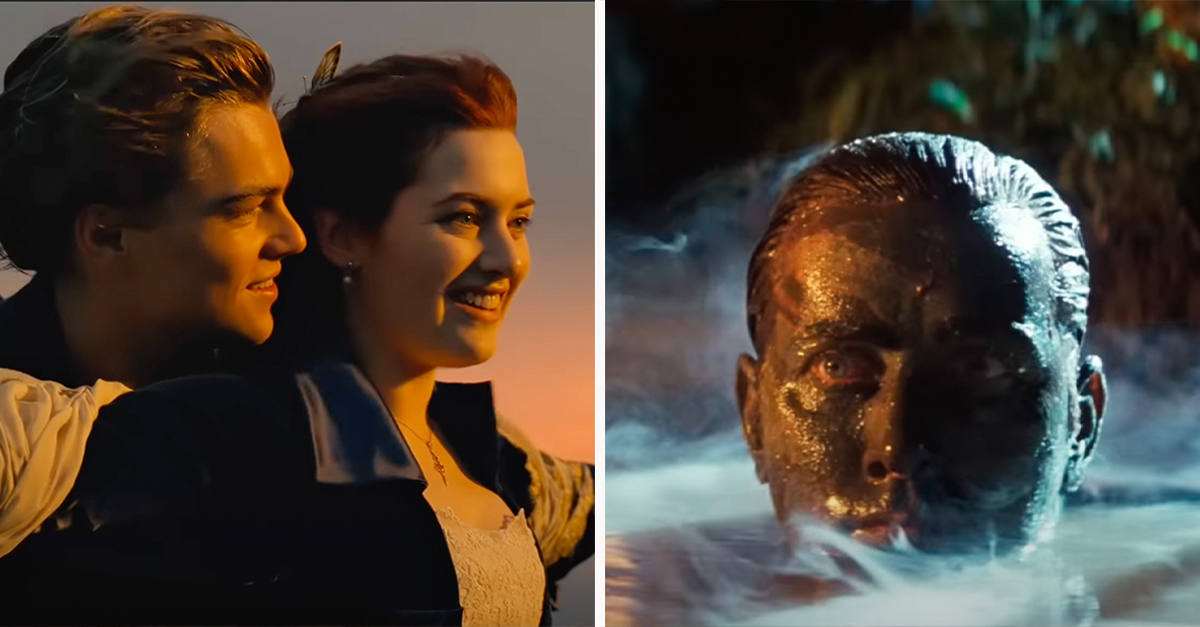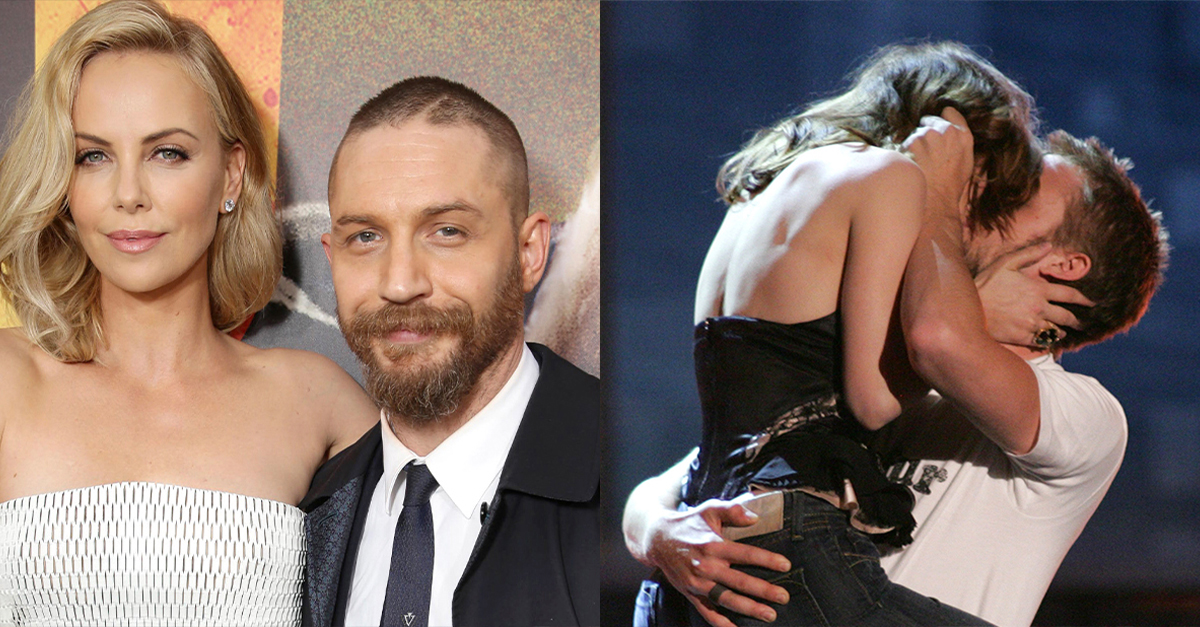Movie Critic Roger Ebert’s Worst Picks
You’ve probably heard of Roger Ebert. As one of the most well-renowned movie reviewers, he evaluated about 10,000 movies during his 46-year career. Did he enjoy every movie? The answer is no. Many of his assessments were good. But a few were very, very bad.
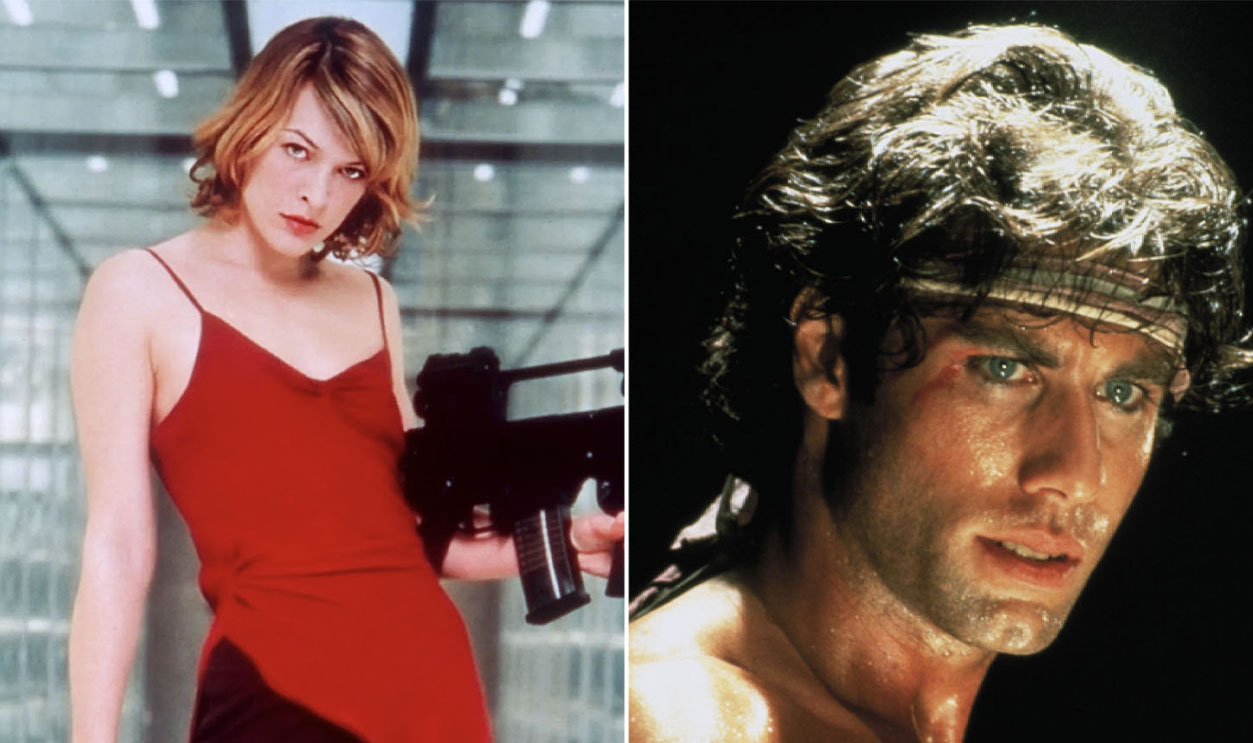
Ebert’s Rating System
Ebert used a four-star system to reveal his thoughts on a film. Out of all of his reviews, about 75% of them were positive. The ones that were given a half-a-star, or even none at all, were what he thought of as "artistically inept and morally repugnant".
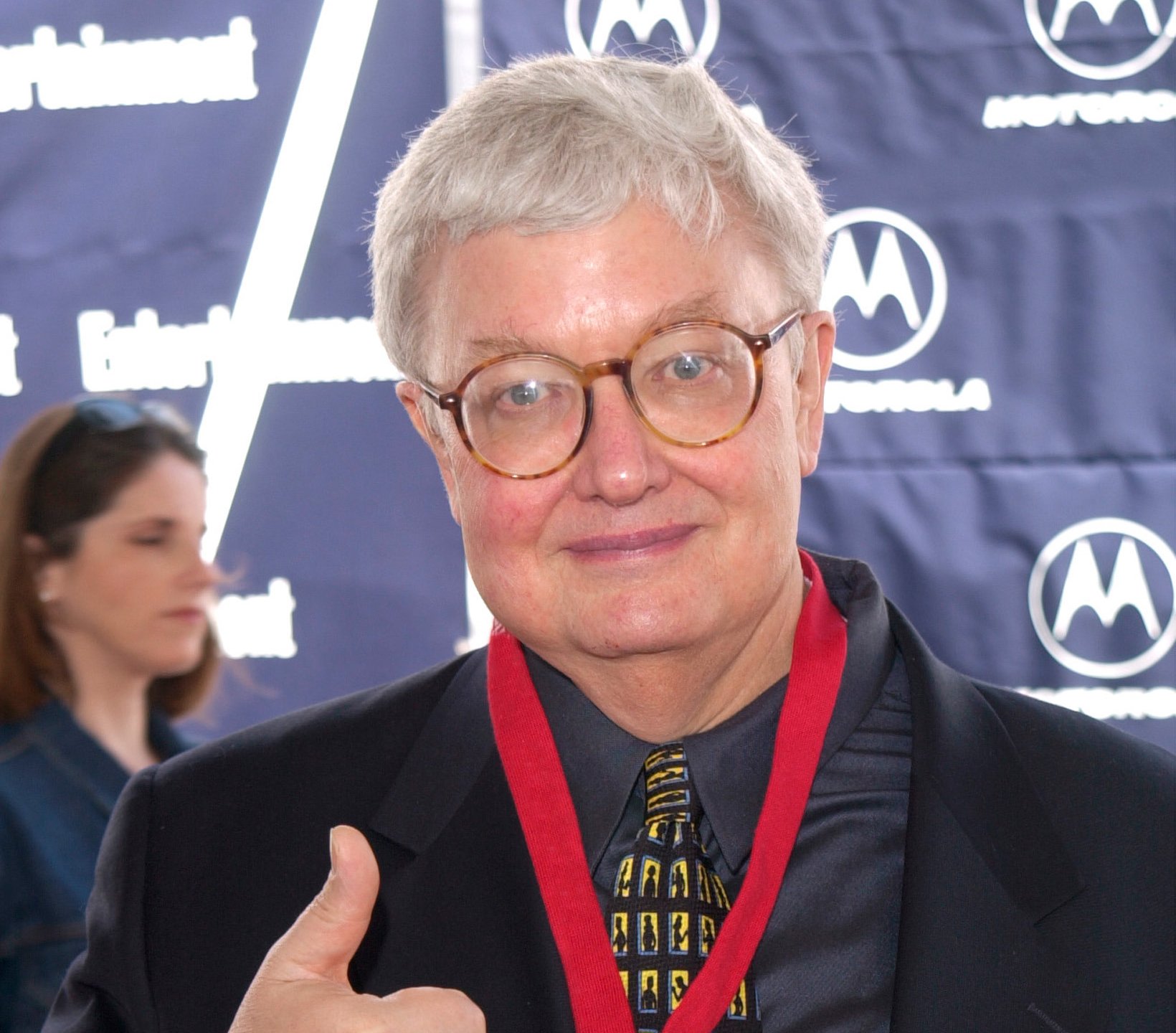 Featureflash Photo Agency, Shutterstock
Featureflash Photo Agency, Shutterstock
His Review Say It All
Despite using stars for grading flicks, Ebert often reiterated that the value in his critique was not so much in the number of stars he gave—but in what he wrote about the movie. Ebert rarely held anything back. Here are several of the films he watched that received less than two stars and absolutely loathsome reviews.
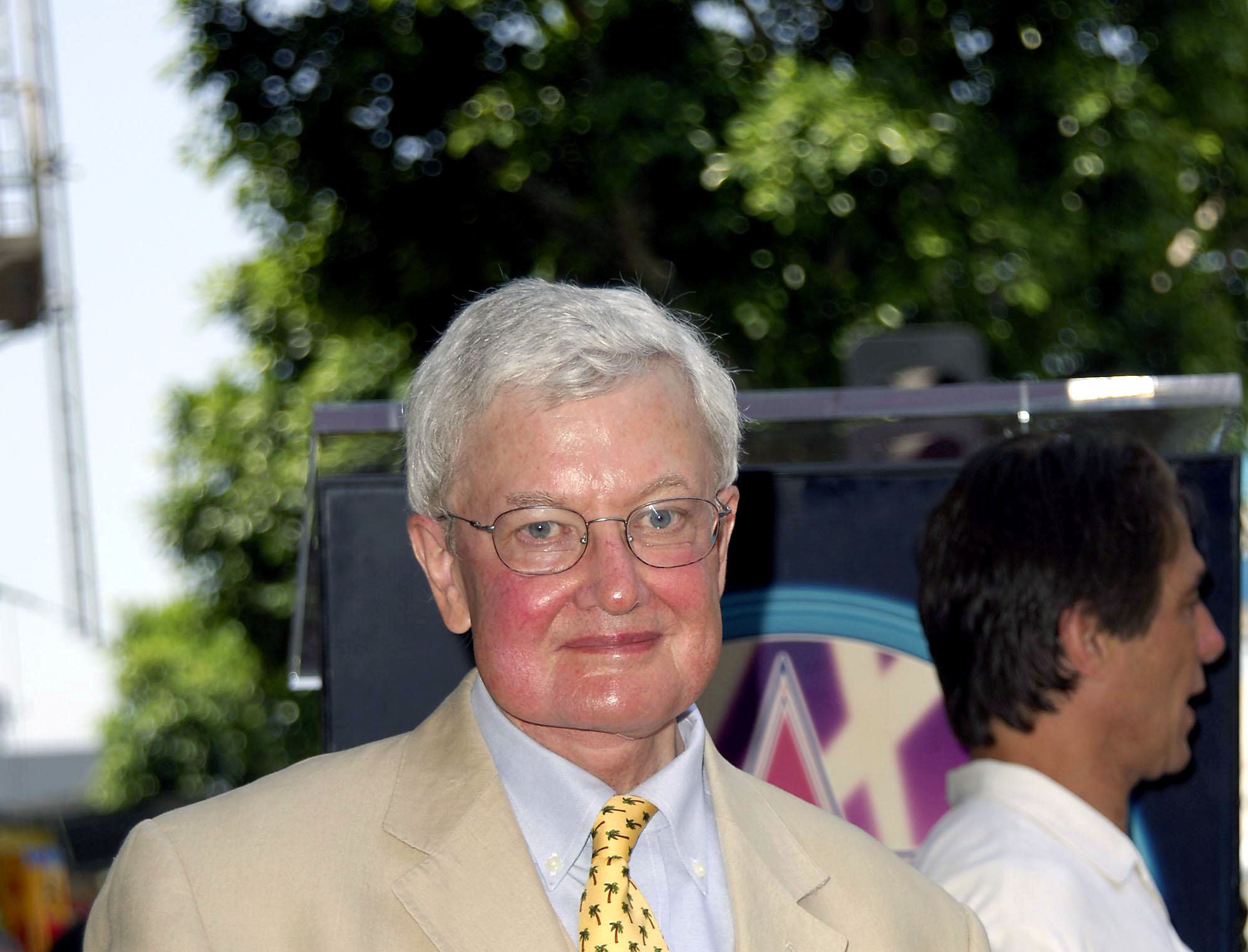 Everett Collection, Shutterstock
Everett Collection, Shutterstock
The Hot Chicks
The Hot Chicks is a tale of a body switch between Rob Schneider’s shady character, Clive, and Jessica, the popular, mean girl played by Rachel McAdams. Ebert was not impressed. He believed that very little intelligence was needed to make it through this film, claiming, “It is too vulgar for anyone under 13, and too dumb for anyone over 13”.
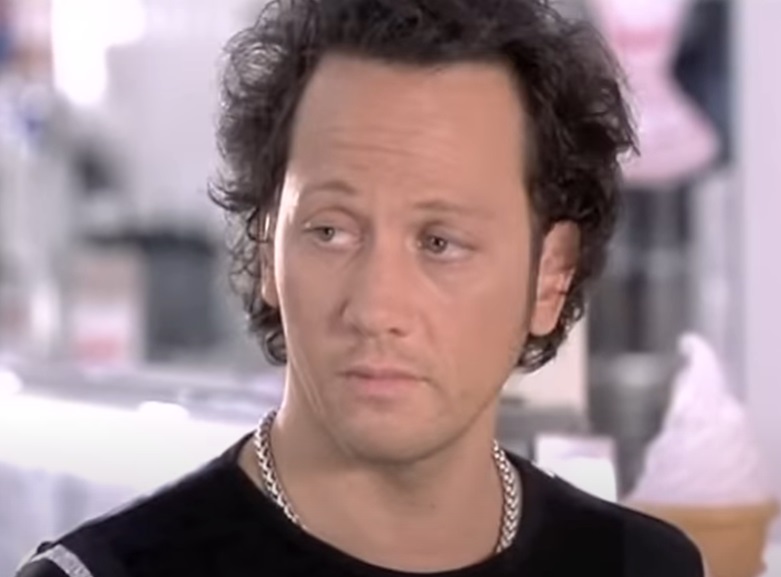 Touchstone, The Hot Chick (2002)
Touchstone, The Hot Chick (2002)
Deuce Bigalow: European Gigolo
Another film featuring Rob Schneider that Ebert loathed was Deuce Bigalow: European Gigolo. He wrote that it was “aggressively bad, as if it wants to cause suffering to the audience”. Ebert was not alone in disliking the movie. Schneider received a great deal of public criticism regarding his lewd jokes.
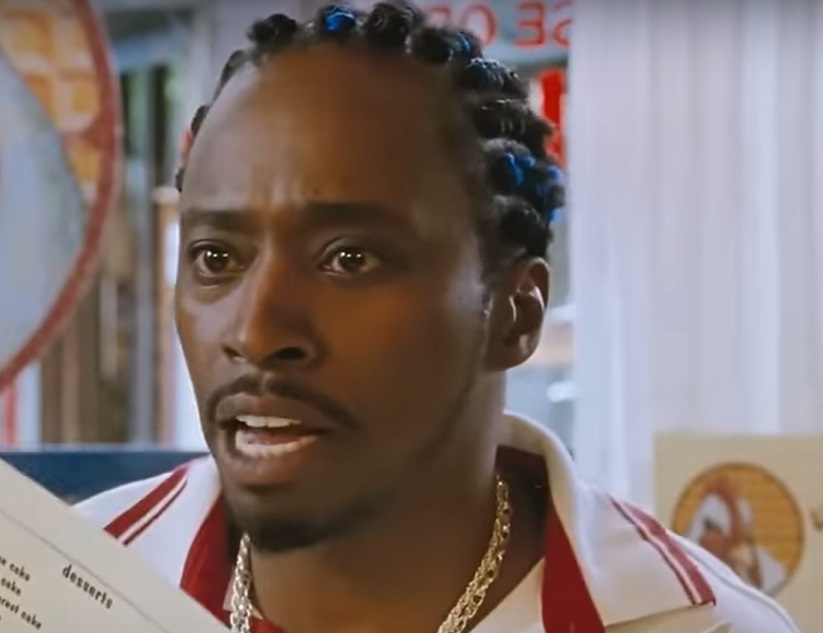 Columbia, Deuce Bigalow: European Gigolo (2005)
Columbia, Deuce Bigalow: European Gigolo (2005)
She’s Out of Control
In 1989, Ebert announced that She’s Out of Control, featuring Tony Danza, was worth zero stars. Why did he give it this rating? Ebert was weirded out by the father’s obsession with his daughter’s dating life and called the story “bizarre” and “banal”.
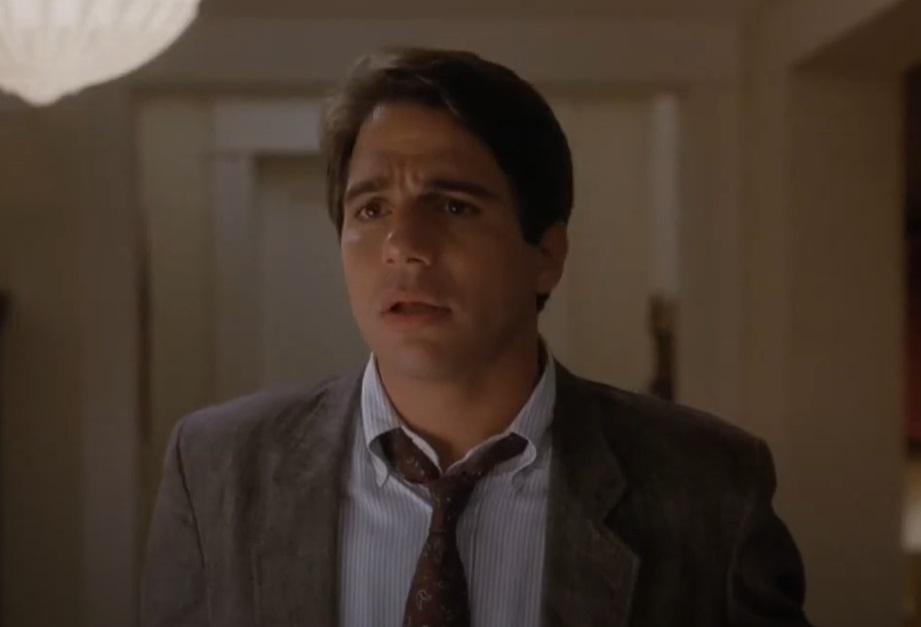 Columbia, She's Out of Control (1989)
Columbia, She's Out of Control (1989)
Thirteen Ghosts
Put away the popcorn and avoid Thirteen Ghosts—a film about phantoms who “look like pages from Heavy Metal, brought to grotesque life”. There would never be as many stars as there were ghosts—Ebert only gave it one, and even that may seem generous.
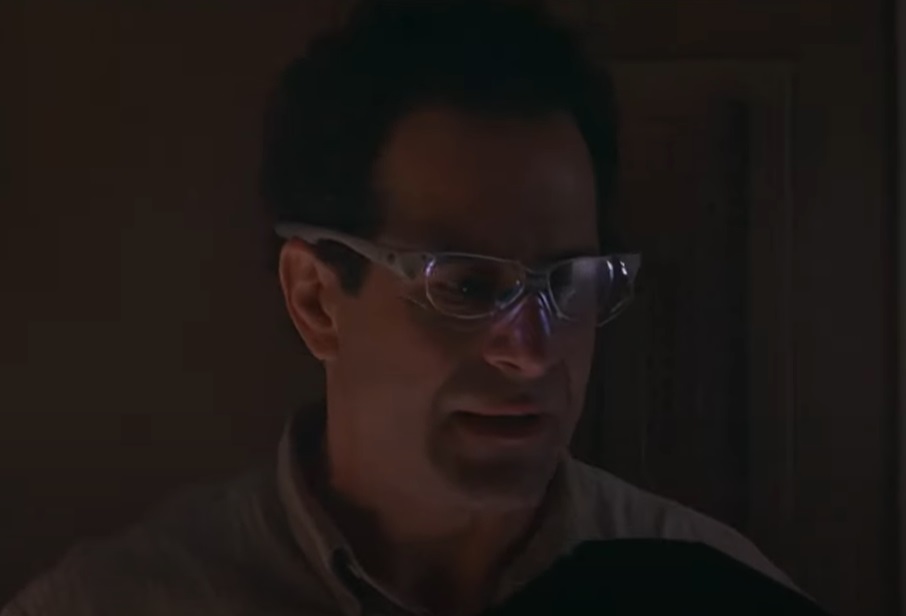 Warner Bros., Thirteen Ghosts (2001)
Warner Bros., Thirteen Ghosts (2001)
Halloween III
Carrying on with the theme of ghosts and goblins is Halloween III: Season of the Witch. Although Ebert gave the original Halloween four stars, his rating for the third in the series was a mere 1.5 stars. Why so much lower? Although he appreciated heroin Stacey Nelkin’s acting, he thought the plot and the main character‘s desire to end the world and brainwash and destroy its children, was a “half-baked scheme”.
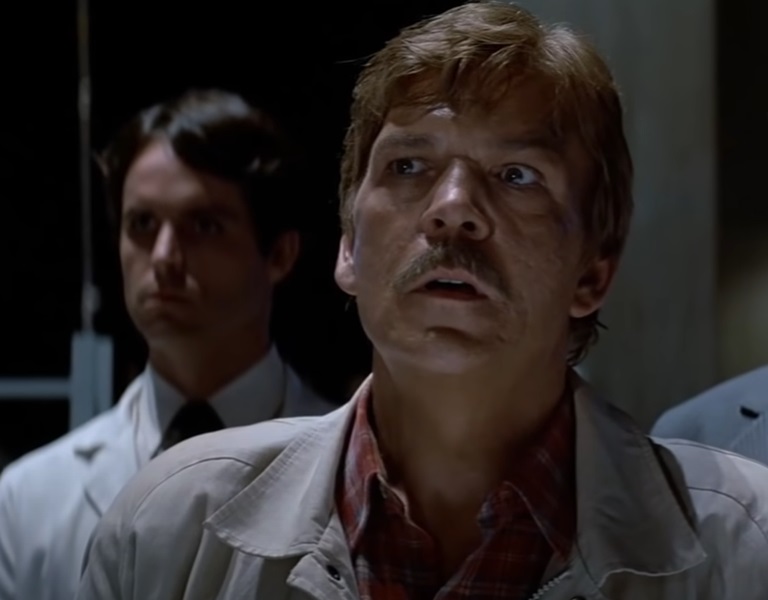 Universal, Halloween III: Season of the Witch (1982)
Universal, Halloween III: Season of the Witch (1982)
Freddy Got Fingered
Freddy Got Fingered is a movie about a 28-year-old who lives in his parents’ basement and does odd things with animal body parts. Ebert was very clear on his feelings about it: “This movie doesn’t scrape the bottom of the barrel. This movie isn’t the bottom of the barrel. This movie isn’t below the bottom of the barrel. This movie doesn’t deserve to be mentioned in the same sentence with barrels”.
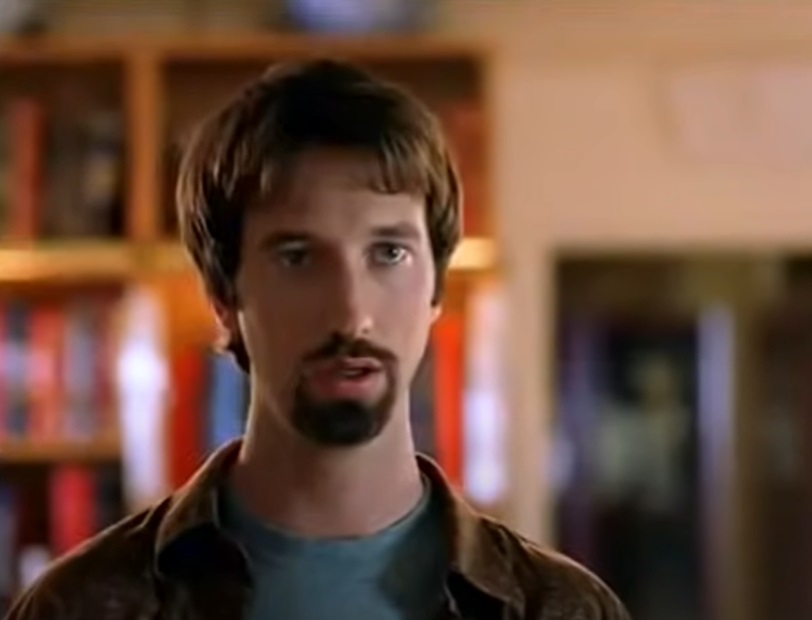 Twentieth Century, Freddy Got Fingered (2001)
Twentieth Century, Freddy Got Fingered (2001)
The Waterboy
Lengthy threads on reveal that Adam Sandler has been a controversial figure in the world of acting. The Waterboy, a sports comedy about the world of football, faced the same storm of opinions. Ebert claims that he wants to like Adam Sandler and his work, but that Sandler made “a tactical error when he creates a character whose manner and voice has the effect of fingernails on a blackboard”.
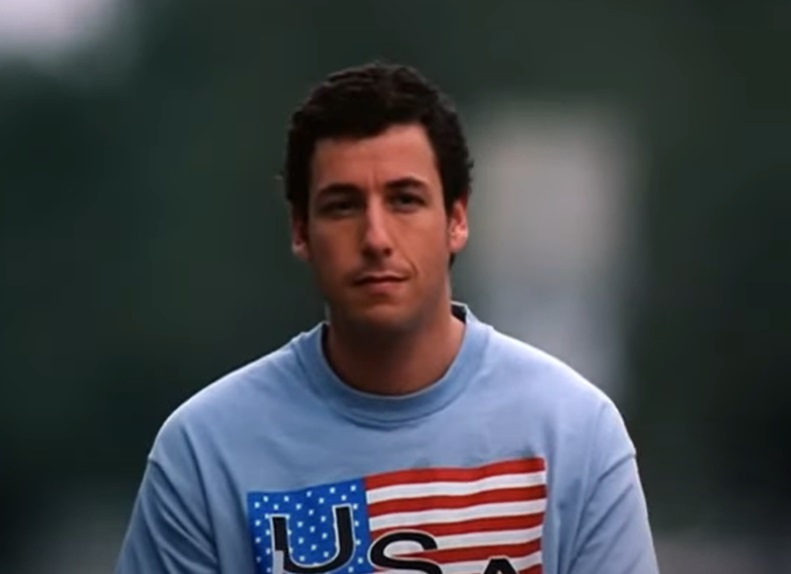 Touchstone, The Waterboy (1998)
Touchstone, The Waterboy (1998)
An Alan Smithee Film Burn Hollywood Burn
An Alan Smithee Film Burn Hollywood Burn is 31 words shorter than the longest movie title known—but it is still a lengthy moniker. Ebert would deem both the title and the movie as excessive. His suggestion to better the whole thing? “The only way to save this film would be to trim 86 minutes”.
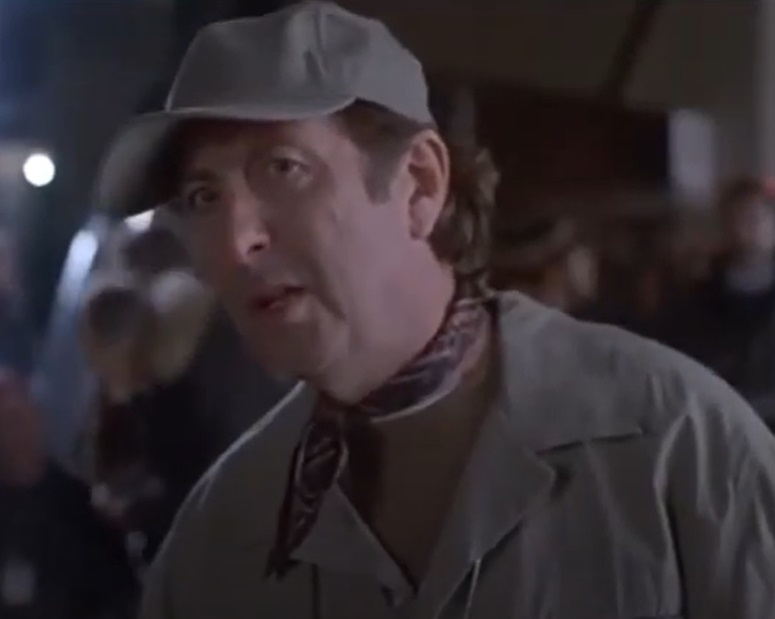 Buena Vista, An Alan Smithee Film: Burn Hollywood Burn (1997)
Buena Vista, An Alan Smithee Film: Burn Hollywood Burn (1997)
Baby Geniuses
According to Ebert’s review of Baby Geniuses, neither the film nor the babies nor the people involved in writing or directing it had any genius. This 1999 comedy about a top-secret research facility that raises infants was the first of its kind to use computer-generated technology. This feat meant little to Ebert who gave the movie only 1.5 stars.
The Guardian
Does Ebert dislike babies or just movies about them? Ebert was not a fan of the horror The Guardian. In this film, a “foxy British governess” is a druid whose main goal involves kidnapping babies to fill her massive, sacred tree. He gave it one star, despite believing it has impressive special effects and photography.
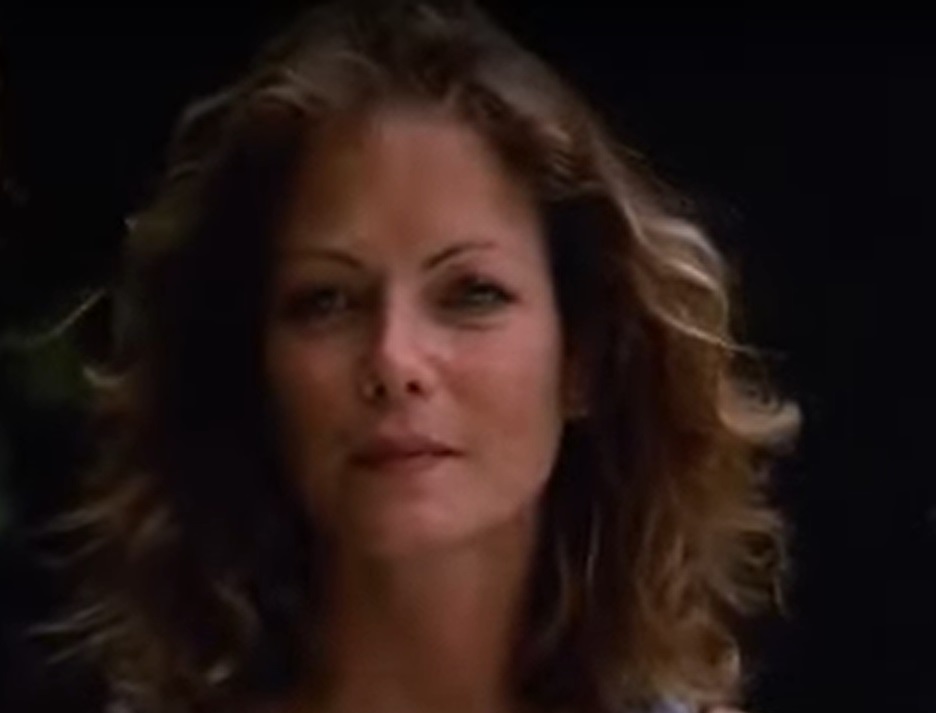 Universal, The Guardian (1990)
Universal, The Guardian (1990)
Spice World
Ebert claims Spice World, the flick about the mega sensational pop band, The Spice Girls, is a rip-off of the Beatles’ film, A Hard Day’s Night. He gave it only half a star, saying the musical stars are “so detached they can’t even successfully lip-synch their own songs”.
The Dukes Of Hazzard
How can a director go wrong with a movie about Bo, Luke, and Daisy Duke, featuring celebrities such as Johnny Knoxville, Seann William Scott, Jessica Simpson, Burt Reynolds, Joe Don Baker, Lynda Carter, and Willie Nelson? Ebert gave The Dukes of Hazzard one star and summarized it as “a comedy about two cousins who are closer’n brothers, and their car, which is smarter’n they are”.
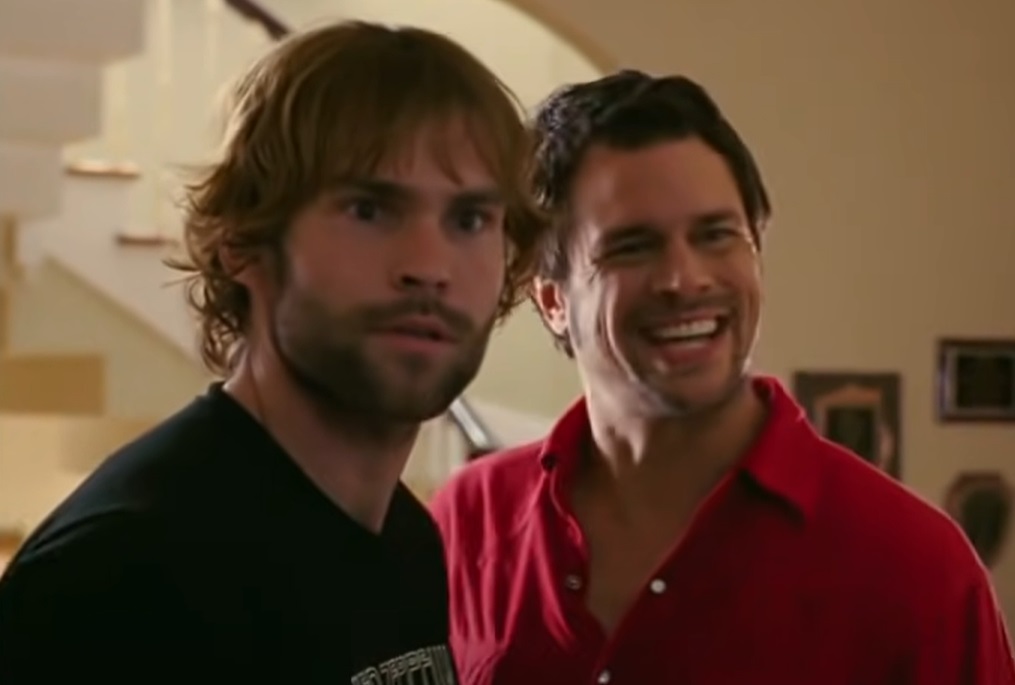 Warner Bros., The Dukes of Hazzard (2005)
Warner Bros., The Dukes of Hazzard (2005)
A Lot Like Love
Ebert gave A Lot Like Love one star—and slammed the characters. “Judging by their dialogue, Oliver and Emily have never read a book or a newspaper, seen a movie, watched TV, had an idea, carried on an interesting conversation or ever thought much about anything. The movie thinks they are cute and funny, which is embarrassing, like your uncle who won’t stop with the golf jokes…”.
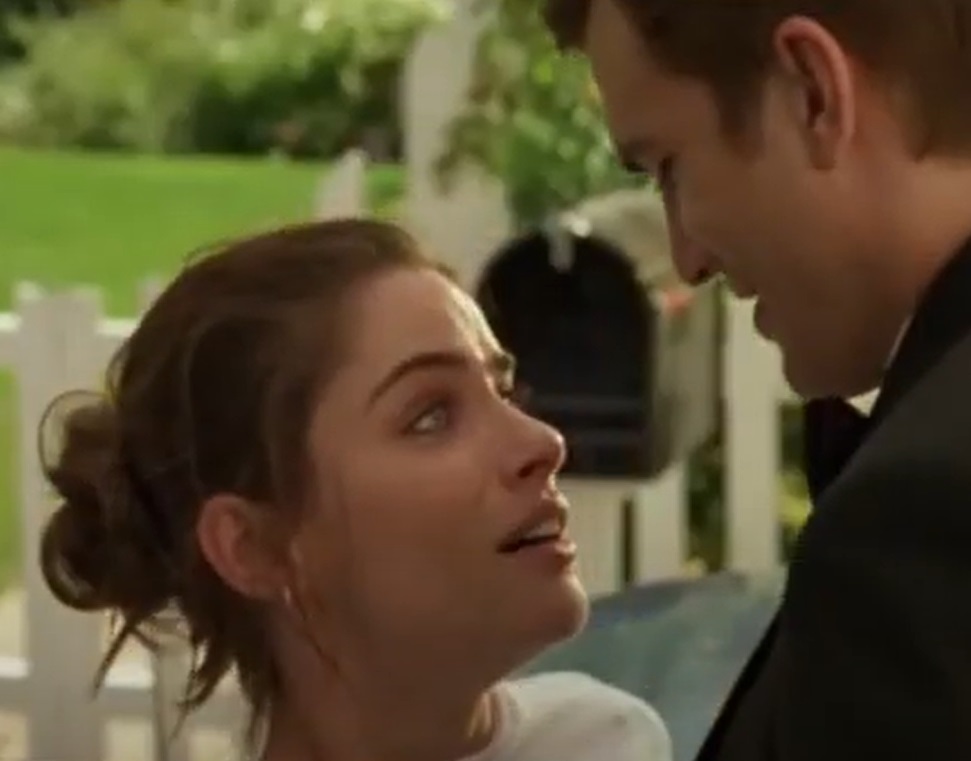 Touchstone, A Lot like Love (2005)
Touchstone, A Lot like Love (2005)
The Deathmaster
The Deathmaster is a vampire flick—long before The Lost Boys (1987), Interview With the Vampire (1994), and Twilight (2008). It is another movie in which Ebert questions the intelligence of those involved. “These people are not very bright. They are so dumb, in fact, that they have had to learn to speak the English language by watching old AIP exploitation movies, and their dialog is eight years out of date. They talk like Frankie Avalon trying to pass for hip, translated from the German”.
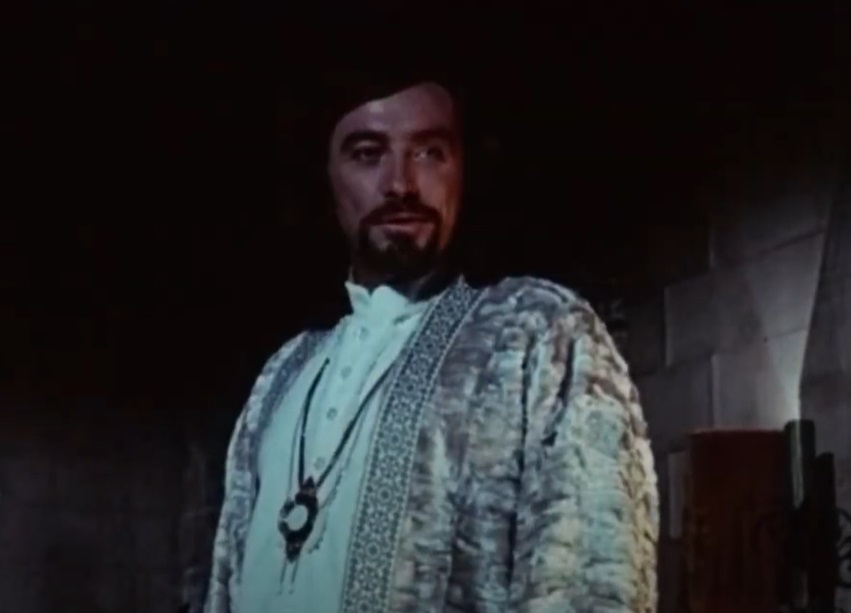 R.F. Brown, Deathmaster (1972)
R.F. Brown, Deathmaster (1972)
Cyborg
Another one of Ebert’s reviews that received only one star is Albert Pyun’s 1989 psychological-meets-martial-arts thriller Cyborg. Even Jean-Claude Van Damme’s muscular torso doesn’t win Ebert’s praise. “It’s cold in the future, and it’s wet, but never so cold or wet that the costumes do not bare the arm muscles of the men and the heaving bosoms of the women”.
Battlefield Earth
Ebert believed that John Travolta had “genuine star power”. He didn’t think, however, that this was evident in Battlefield Earth. This sci-fi action story set in the year 3000 didn’t impress Ebert. “Hiring Travolta and Whitaker was a waste of money, since we can’t recognize them behind pounds of matted hair and gnarly makeup. Their costumes look like they were purchased from the Goodwill store on the planet Tatooine. Travolta can be charming, funny, touching and brave in his best roles; why disguise him as a smelly alien creep?”
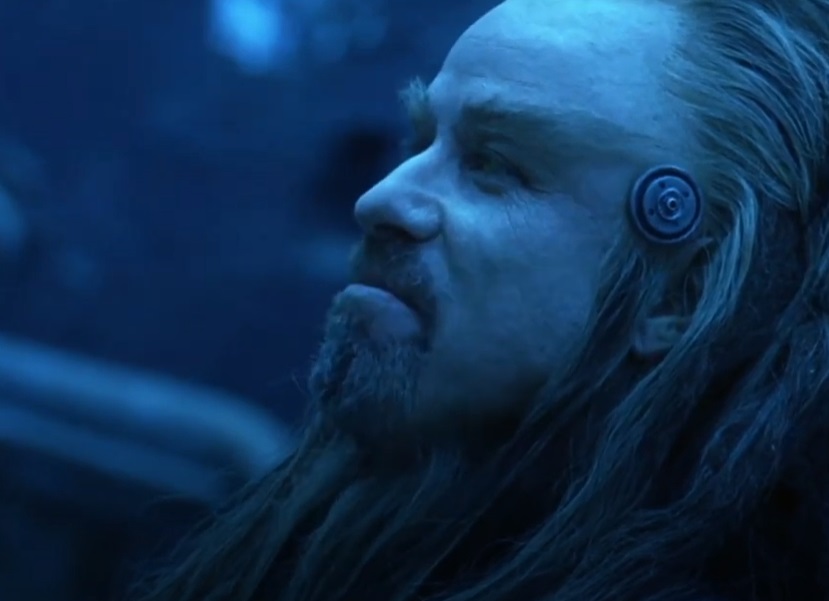 Warner Bros., Battlefield Earth (2000)
Warner Bros., Battlefield Earth (2000)
Resident Evil
Ranked as one of the most popular video games of all time, Resident Evil was turned into a movie in 2002. Though Ebert appreciated actors Milla Jovovich and Michelle Rodriguez, he gave it only one star. His reasoning? The zombies aren’t big, or “ghoulish” enough, and are “graceless” in the way they walk “with the lurching shuffle of a drunk trying to skate through urped Slurpees to the men’s room”.
Resident Evil: Apocalypse
Opening in 2004, Resident Evil: Apocalypse was the second movie based on the zombie-filled video game series. Although many fans preferred this one, Ebert had even less love for it than he did for the first one. Ebert explained that he gave the film half a star because, once again, he didn’t believe the monsters were “interesting” enough.
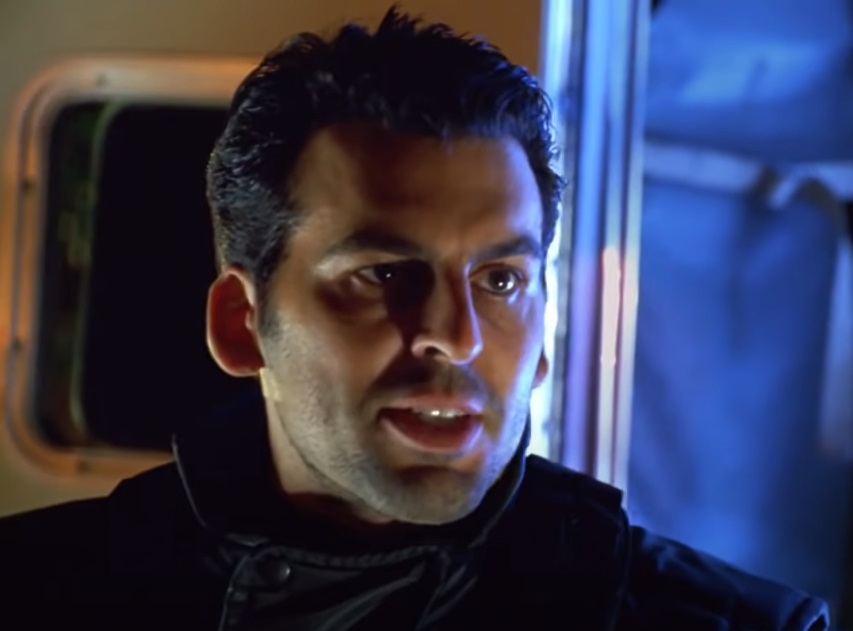 Sony, Resident Evil: Apocalypse (2004)
Sony, Resident Evil: Apocalypse (2004)
Body Of Evidence
Another movie to be gifted half a star by Ebert was Body of Evidence. Featuring Madonna—and several other big names such as Willem Dafoe, Joe Mantegna, Anne Archer, and Julianne Moore—the plot is basically the courtroom follow-up to a paid night of debauchery that ended in death. Ebert’s opinion is clear: “What about the story here? It has to be seen to be believed—something I do not advise”.
Catwoman
Although Ebert appears to have a crush on “eye candy” Halle Berry acting like a well-endowed cat woman, his rating was a measly one star. Seemingly obsessed with the litterbox situation, he deemed the film a feline flop. Ebert calls it “tired and dated… What a letdown”.
Ben
Another flick involving animals that Ebert abhorred was 1972’s Ben. According to the movie critic, the main rat character “sounds like Rubber Ducky being goosed”. The 1.5 stars given by Ebert show his thoughts on this one.
Critters 2: The Main Course
Does Ebert have something against animals on the big screen? He loathed Critters 2: The Main Course, claiming the creatures didn’t look like wildlife but rather like “furry little hand puppets with lots of teeth, who are held up to salad bars by invisible puppeteers while large numbers of actors scream and pronounce unlikely dialogue”. He gave it one star.
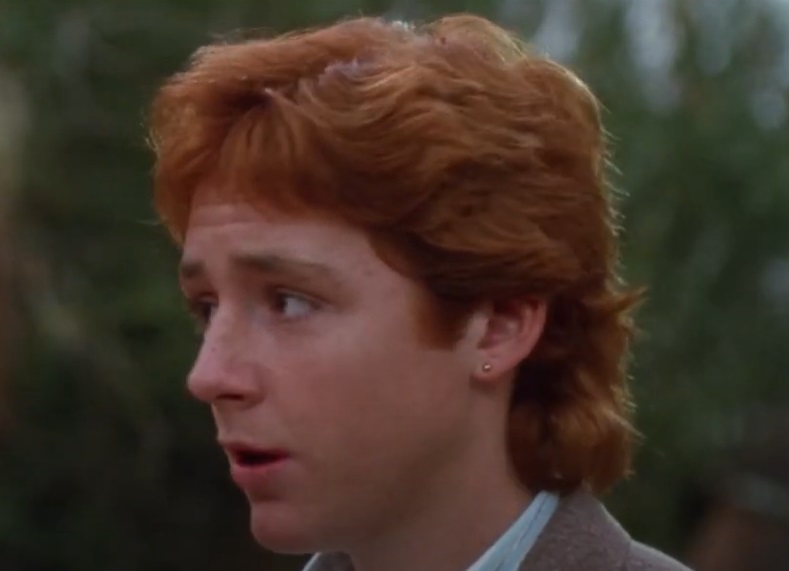 New Line, Critters 2: The Main Course (1988)
New Line, Critters 2: The Main Course (1988)
Joe Dirt
The only animal in the 2001 movie Joe Dirt appears to be a cow whose post-meal gas is lit on fire. Still, Ebert is not a fan of actor David Spade or the storyline. It received 1.5 stars. “We professional movie critics count it a banner week when only one movie involves eating, falling into or being covered by excrement (or a cameo appearance by Carson Daly). We are not prudes. We are prepared to laugh. But what these movies, including Joe Dirt, often do not understand is that the act of being buried in crap is not in and of itself funny”.
Tommy Boy
Actors Chris Farley and David Spade are trying to save the family auto part business in the 1995 movie Tommy Boy. Ebert would likely say they saved nothing—including their own dignity. His rating of one star demonstrates how little humor he found. “No one is funny in Tommy Boy. There are no memorable lines. None of the characters is interesting except for the enigmatic figure played by Rob Lowe, who seems to have wandered over from Hamlet”.
The Scarlet Letter
The Scarlet Letter, produced in 1995, was based on Nathaniel Hawthorne’s 1850 book of the same title. Ebert’s 1.5-star rating seems based more on the novel’s “troublesome” story of guilt and social expectations. Even though he deemed the film “cinematic,” he still found it “pretty dense”.
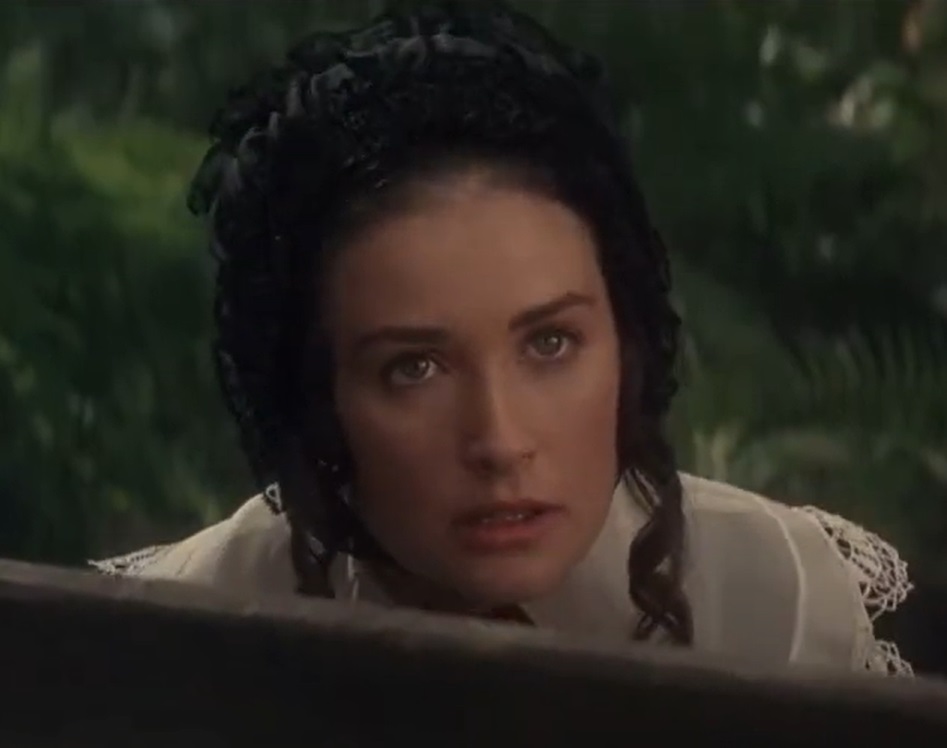 Buena Vista, The Scarlet Letter (1995)
Buena Vista, The Scarlet Letter (1995)
North
North’s storyline involves an independent child (played by Elijah Wood) who divorces his parents and holds auditions for new ones. Ebert didn’t find the movie one bit endearing and didn’t hold back on his thoughts about it. He wrote, “I hated this movie. Hated hated hated hated hated this movie. Hated it”.
Sour Grapes
Ebert had high hopes for Sour Grapes, a 1998 film directed by Larry David, the creator and head writer of Seinfeld. Those hopes fell flat. His review shared that, “North, a comedy I hated, was at least able to inflame me with dislike. Sour Grapes is a movie that deserves its title: It’s puckered, deflated and vinegary. It’s a dead zone”.
Ebert’s Misses
Did Ebert ever condone a movie that the general public applauded as a massive success? Of course. Here are a few of Ebert’s reviews that received under two stars—and yet proved to be enormously successful at the box office.
Godzilla
Most people have heard of the 1954 classic, Godzilla. One of the many reasons it was significant was that it was the first kaiju movie. Kaiju is the Japanese term for a genre involving giant monsters. Ebert appreciated the social implications but still felt Godzilla was “idiotic”.
Raising Arizona
Joel and Ethan Coen directed Raising Arizona, starring Nicolas Cage and Holly Hunter. Many critics claimed it “showed early signs of the Coens' brilliance as directors and writers”. Not Ebert. He gave it 1.5 stars, declaring that all the actors “talk funny” and that the movie about cops, robbers, and babies “cannot decide if it is about real people, or comic exaggerations”.
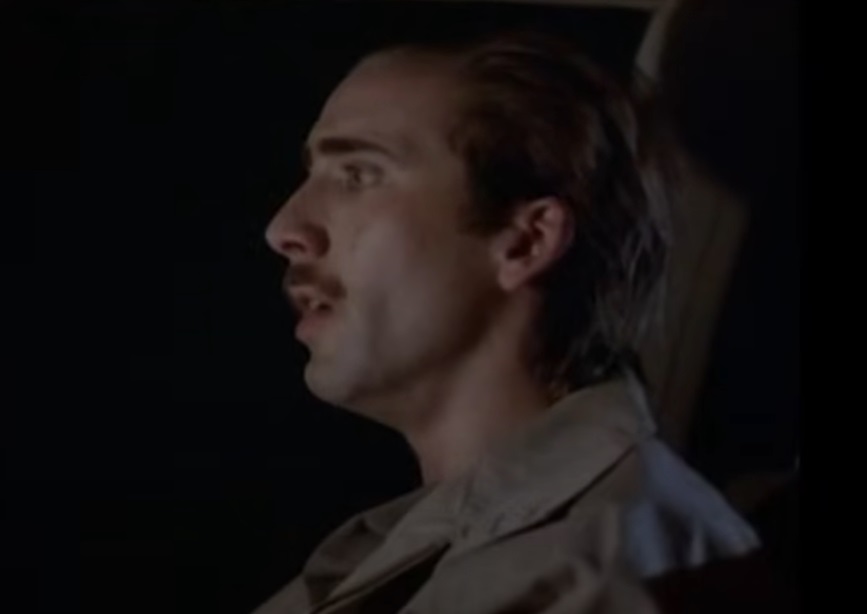 Twentieth Century, Raising Arizona (1987)
Twentieth Century, Raising Arizona (1987)
The Usual Suspects
In Ebert’s opinion, The Usual Suspects earned only 1.5 stars. To him, this crime mystery came across as confusing and “ultimately pointless”. The public failed to agree. In 1995, on the opening weekend alone, the show grossed $645,363—which is only 2.8% of its overall gross.
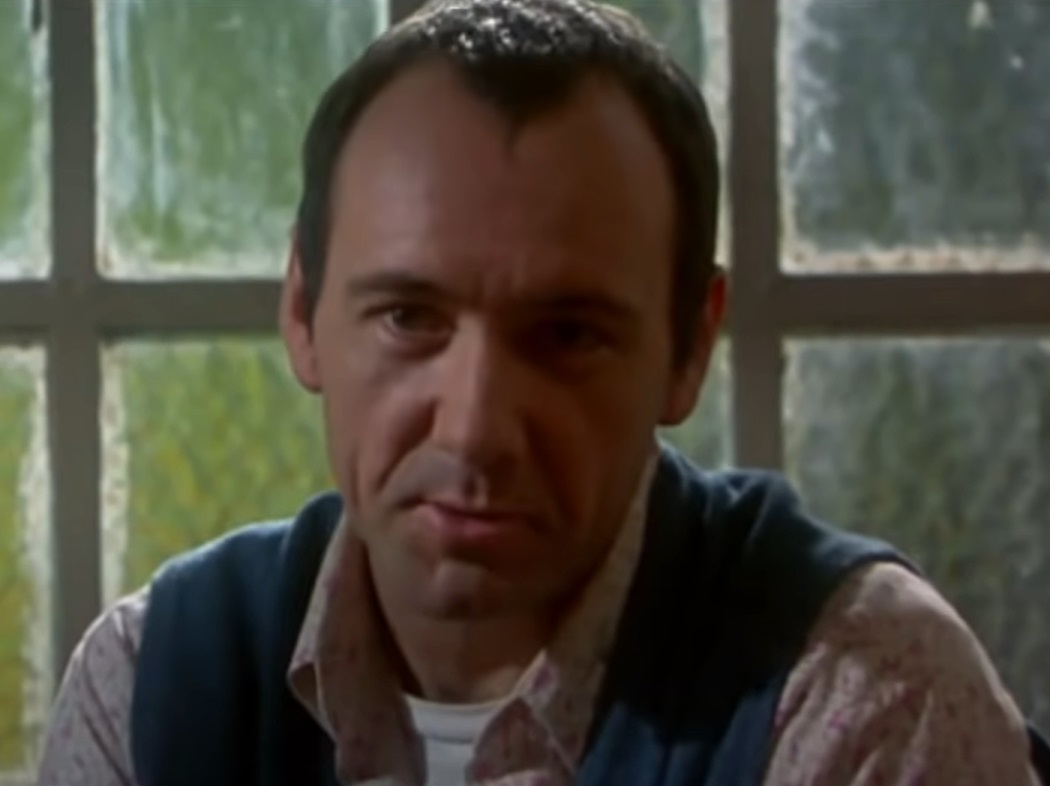 Columbia, The Usual Suspects (1995)
Columbia, The Usual Suspects (1995)
Fast Times At Ridgemont High
Fast Times at Ridgemont High came to theaters in 1982. This coming-of-age story of teens, set in California, was chosen in 2005 by the Library of Congress as one to be preserved in the United States National Film Registry because it is "culturally, historically, or aesthetically significant". Ebert didn’t think so. He gave it one star.
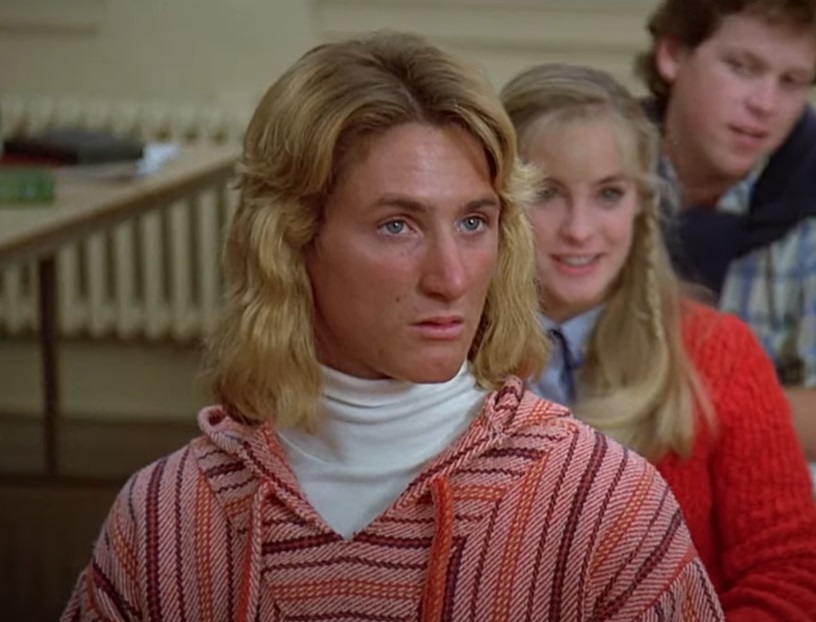 Universal, Fast Times at Ridgemont High (1982)
Universal, Fast Times at Ridgemont High (1982)
Taste Of Cherry
Taste of Cherry was 1997 co-winner of the Palme D’Or award at the prestigious Cannes Film Festival in France. Despite being an Iranian film that earned accolades on the international stage, Ebert deemed it boring. He scorned what he called the monotony of it and considered it only worthy of one star.
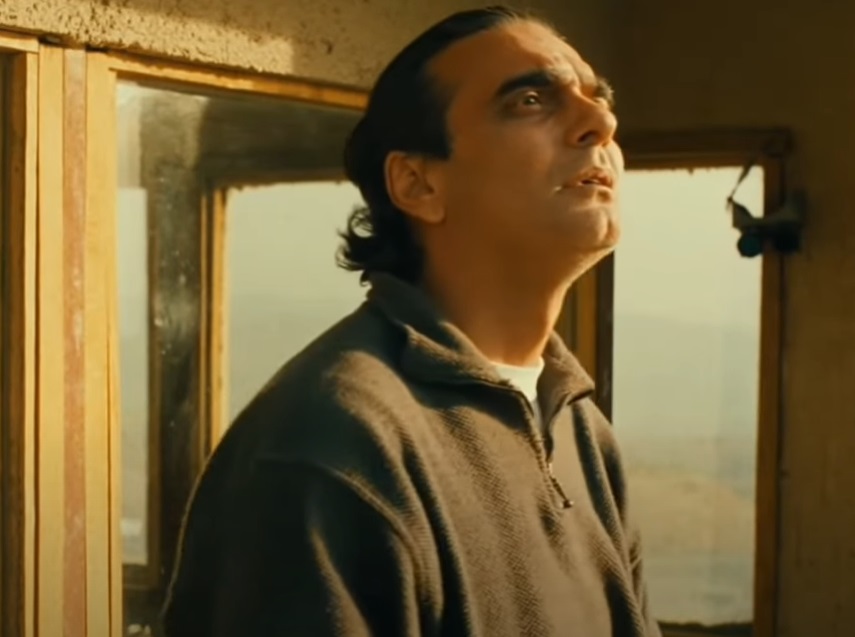 Abbas Kiarostami, Taste of Cherry (1997)
Abbas Kiarostami, Taste of Cherry (1997)
Flashdance
Flashdance grossed more than $200 million at the box office. People in the 80s ate up this story about blue-collar dancers striving to reach ballet fame. Ebert didn’t. “Flashdance is like a movie that won a free 90-minute shopping spree in the Hollywood supermarket… The result is great sound and flashdance, signifying nothing”.
Staying Alive
Travolta’s Staying Alive was the 1983 sequel to Saturday Night Fever. Ebert loved SNF, calling it “an especially hard-edged case and a very good movie”. He didn’t hold the same high regard for Staying Alive. He called it “ludicrous” and declared, “It’s a mess. Travolta’s big dance number looks like a high-tech TV auto commercial that got sick to its stomach”. The public didn’t agree. At the time, it had the biggest opening weekend for a musical film.
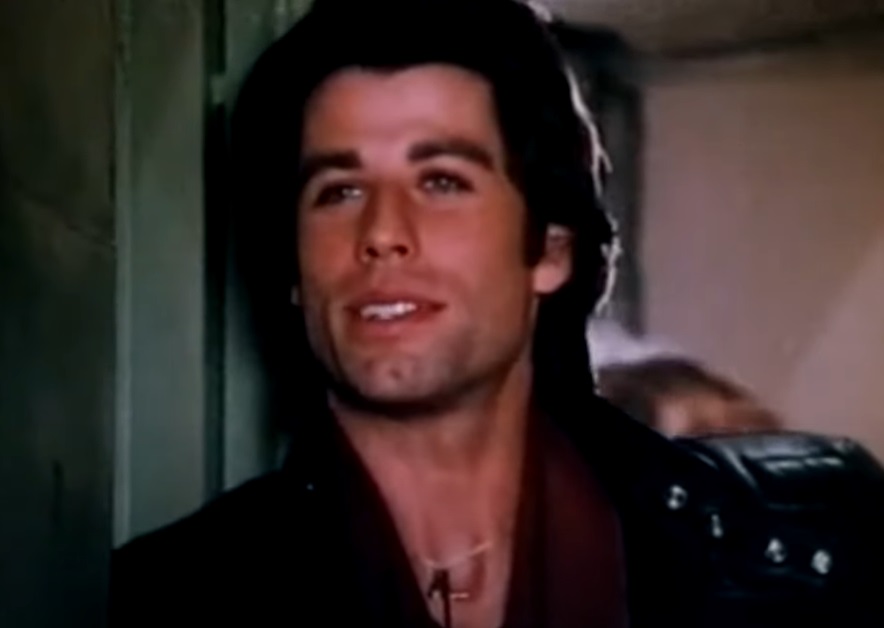 Paramount, Staying Alive (1983)
Paramount, Staying Alive (1983)
The Blue Lagoon
You’re not alone if the film title The Blue Lagoon comes to mind due to its controversy about the nudity of its young actors Brooke Shields and Christopher Atkins. Fans showed up in masses, grossing The Blue Lagoon more than $58 million and making it the ninth most popular film in 1980. Ebert wasn’t being a prude with a vendetta against two teens and their physical discoveries—he was more perturbed and impatient about the director’s “countless shots of the birds and the bees (every third shot in this movie seems to be showing a parrot’s reaction to something)”.
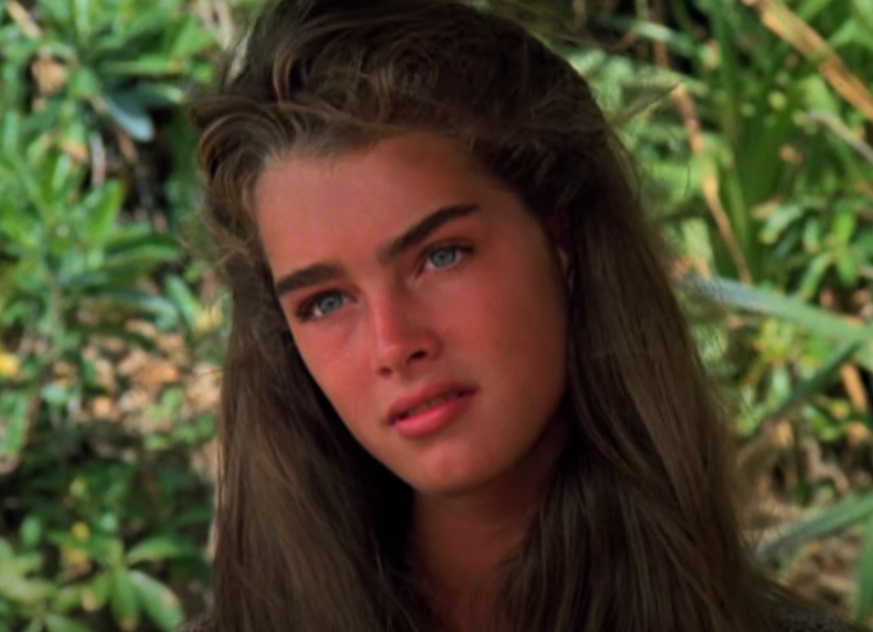 Columbia, The Blue Lagoon (1980)
Columbia, The Blue Lagoon (1980)
The Ebert Challenge
Is Roger Ebert always right? Is he consistently wrong? If you’re a fan of Ebert and agree with most of his critiques, then you now know which films to steer clear of. If you tend to disagree with which ones received under two stars, then settle in with some popcorn and work your way through the list of treasures above.
 Rebert, CC BY-SA 3.0, Wikimedia Commons
Rebert, CC BY-SA 3.0, Wikimedia Commons


